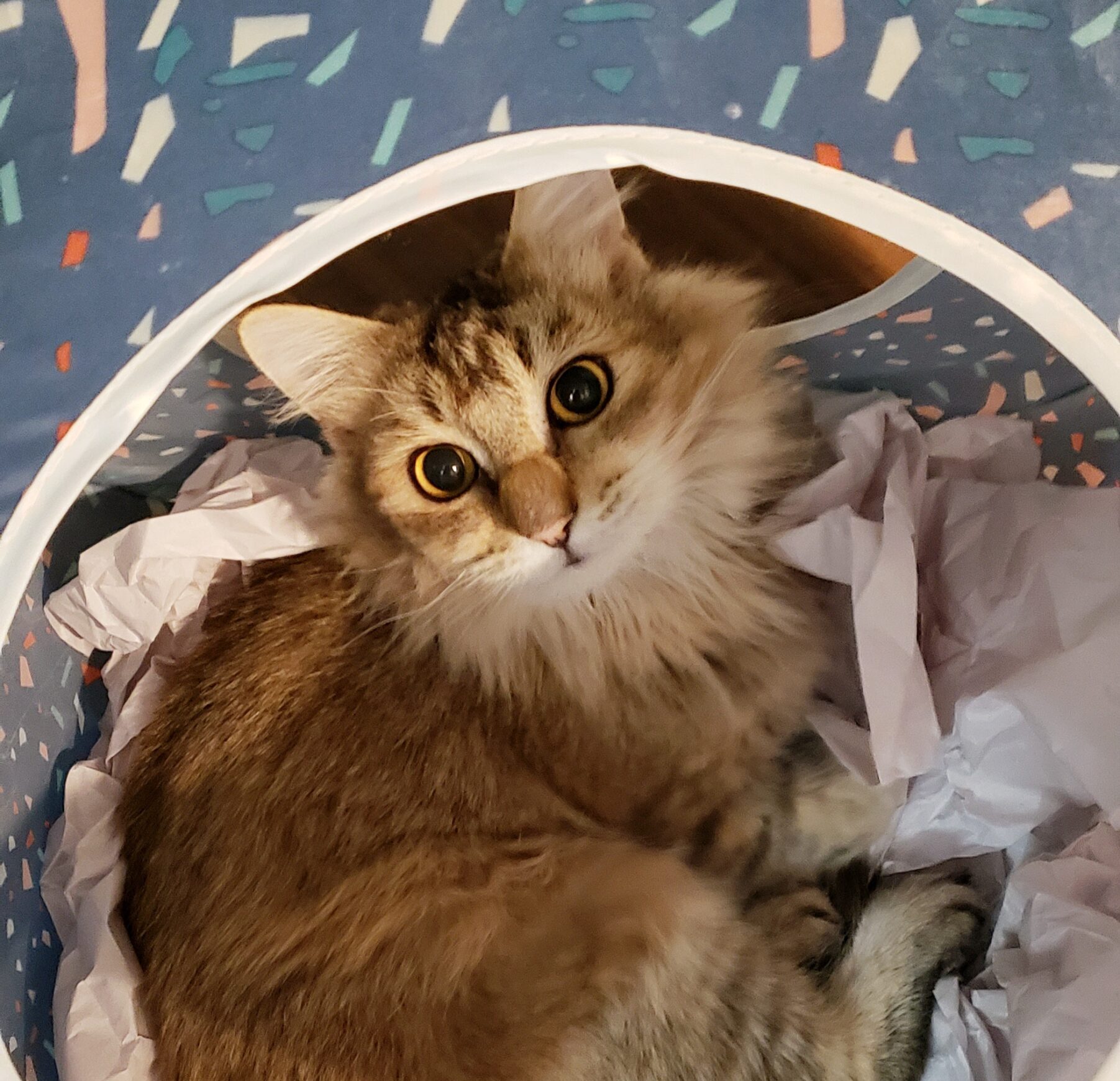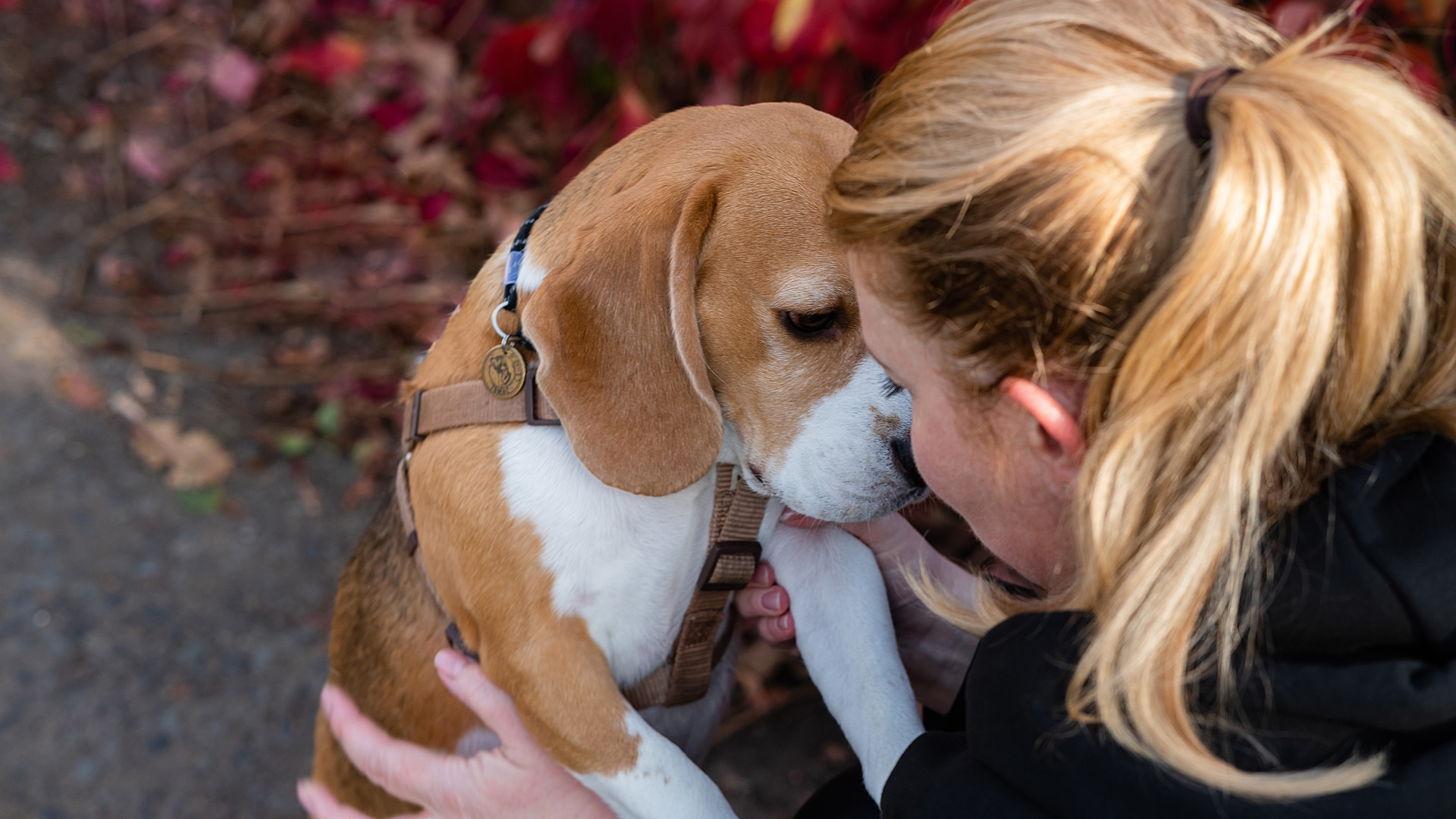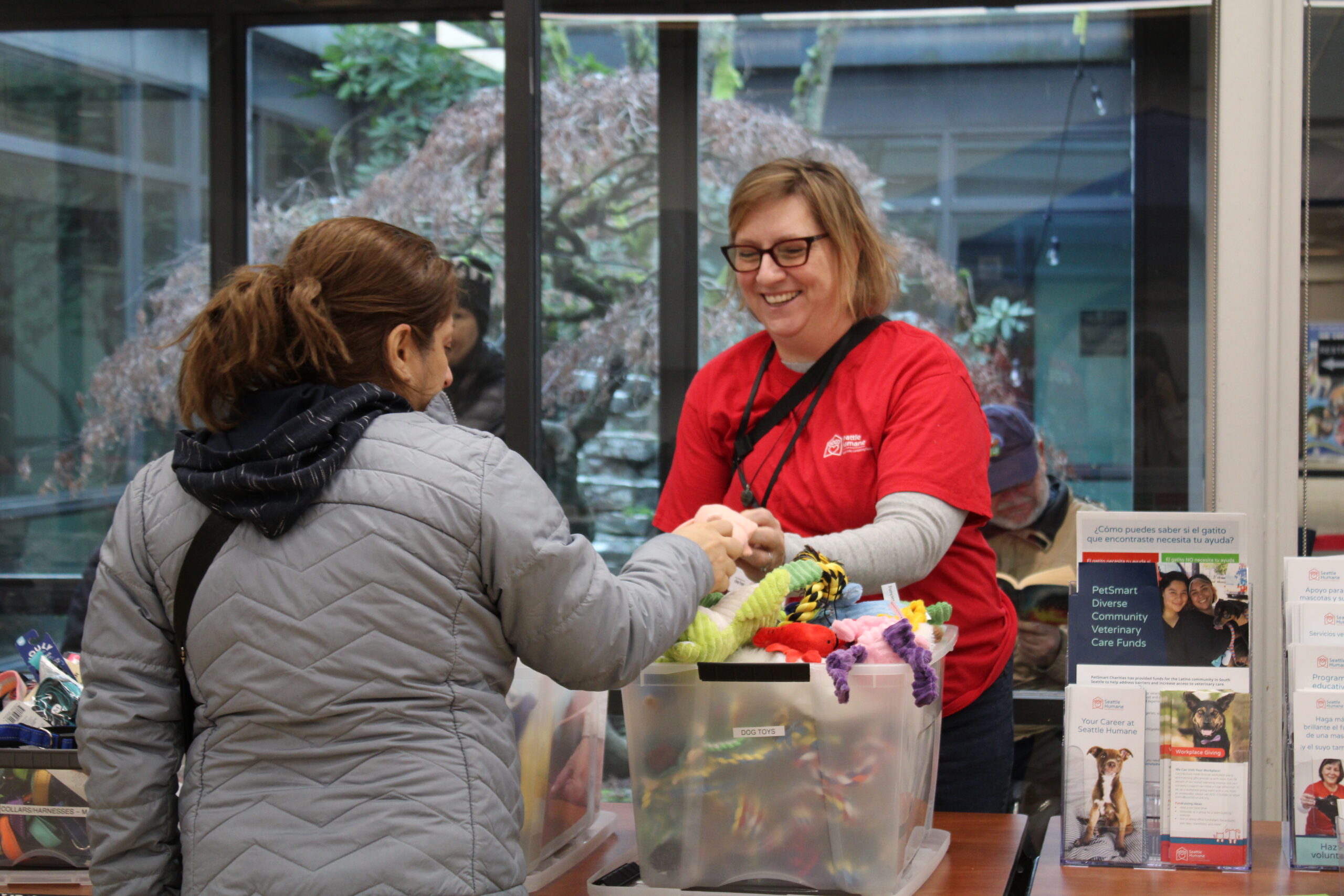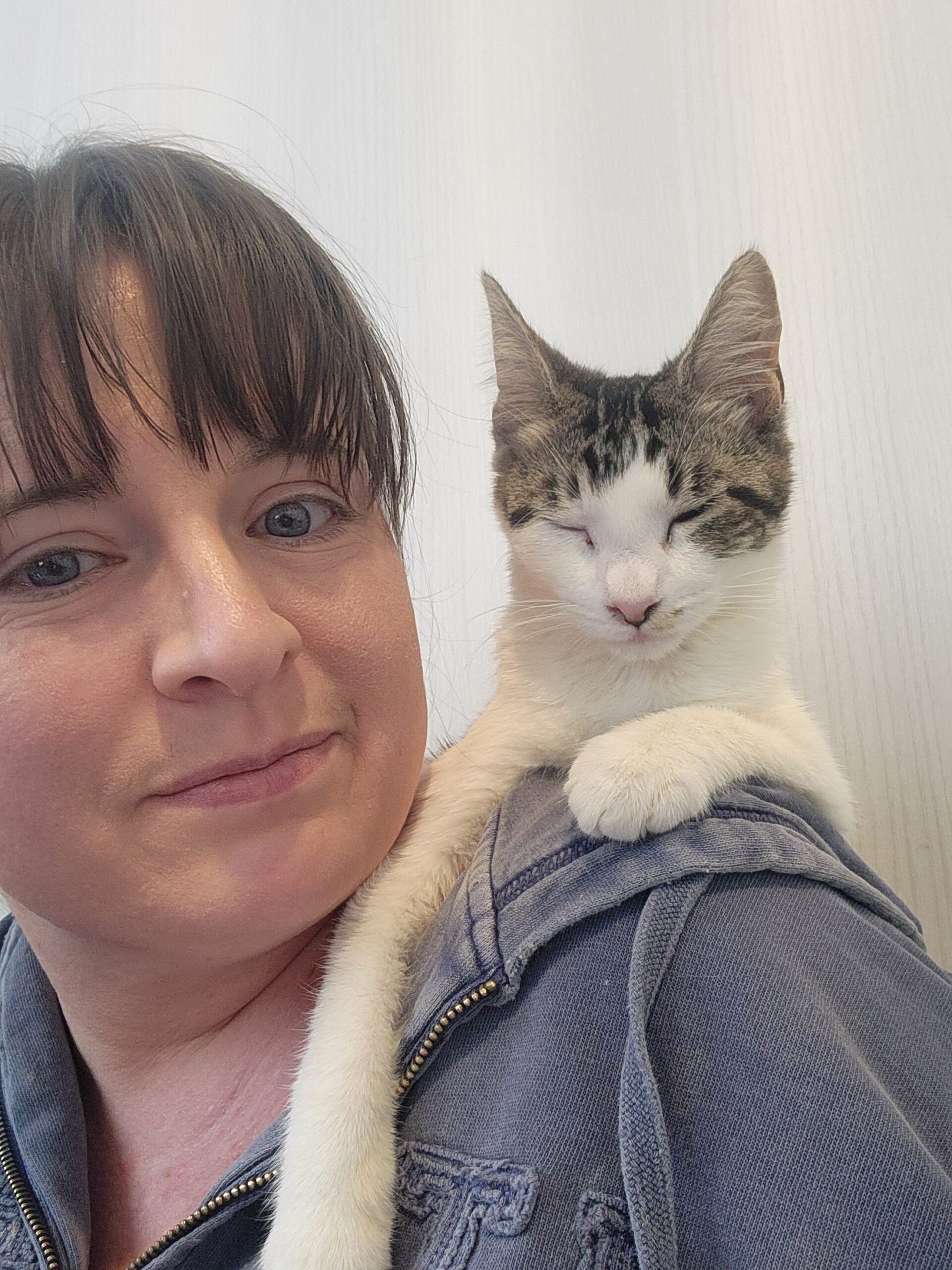Are you an animal lover? If you can’t get enough of these precious furry love bugs, then you should consider foster care! Fostering an animal can be so rewarding and so much fun. We are always looking for new foster parents for our furry friends here at the Seattle Humane!

Last year, 5,483 shelter animals benefited from foster care. The care our dedicated volunteers provide is invaluable, both to the animals and to the people who adopt them. You can foster as much or as little as you like for a wide variety of animals including kittens, puppies, cats, dogs, rabbits, guinea pigs and other small critters. Fostering is a rewarding and enriching experience, and a great volunteer project for families or individuals who love animals but cannot commit to having a full-time pet.
Time commitments can range from one to eight weeks. All you need is a room (even a bathroom) and some spare time. We provide all supplies and any necessary medications. To join the foster program, you must first attend an HS101 volunteer orientation. To find an orientation time, visit our volunteer page for more information.

Some myths about fostering cats:
Myth #1: I don’t have enough time.
Fostering a cat does take time, but not as much time as you might think. Many of the cats that need fostering are recovering from colds so they tend to be less active and sleep a lot. It’s true that some cats will need more attention than others, but our foster department will work with you to find a cat that matches the amount of time you have to give. And a long term commitment isn’t necessary – even if you can only foster one time, you are still doing a wonderful thing by helping a cat in need
Myth #2: I don’t have enough space.
- A foster cat doesn’t need access to your entire house. A spare bedroom or even a spare bathroom is adequate for fostering. When you think about it, that’s more space than we are able to provide at the shelter. So hanging out in your bathroom will be a luxury!
Myth #3: I have other pets.
- When fostering it’s best to keep your foster cat separate from your other pets. This reduces the chance that a sick kitty may pass its cold to your other animal companions. If your other pets don’t get along with cats, that’s okay too since your foster cat will be separated into its own spaces. Your pets need not be bothered by your foster guest!
Myth #4: I’ll get too attached.
- Getting attached to an animal in your care is a normal part of volunteering. The best way to handle this is to remind yourself that you are doing an important thing by giving this kitty another chance at a happy life. People often say, “I couldn’t foster because I’d want to adopt them all myself!” Just remember, our adoption staff does an excellent job at finding great homes for all of our shelter guests. You don’t need to adopt a kitty yourself to give it a wonderful new home. By fostering, you are an integral part of the process and that’s something you can feel great about.
Myth #5: It’s too sad to bring the kitty back to the shelter.
- Taking a cat from your home environment back to the shelter can be difficult, but being at the shelter gives your foster kitty the most visibility and the best chance of being adopted. Plus, our cats stay in fancy cat condos at the shelter, where they are able to have a home-like environment while we find them a home of their own. Our on-campus volunteers ensure that each and every guest gets the love and attention they need. So you can feel good about brining your foster kitty back to the shelter – doing so marks the beginning of a wonderful new life!
Our foster parents are heroes! Foster Care Program volunteers are exceptional individuals and heroes to the animals. By opening their hearts and homes to pets in need, these volunteers literally expand the walls of our shelter and save more animals’ lives in our community.
Foster parents help our most fragile shelter guests. They give older pets a break from the shelter environment, allow pets time to recover from surgery, and provide dogs rescued from puppy mills the extra care and socialization they need. They also provide around-the-clock feedings to underage puppies and kittens, and carry out behavior modification programs for dogs to make them adoptable.
To learn how you can make a life-saving difference to the animals in Seattle Humane’s Foster Care Program visit us online at seattlehumane.org/volunteer, call our Volunteer Services Manager at (425) 649-7557 or email us at volunteers@seattlehumane.org.
Join our team and make a difference!










